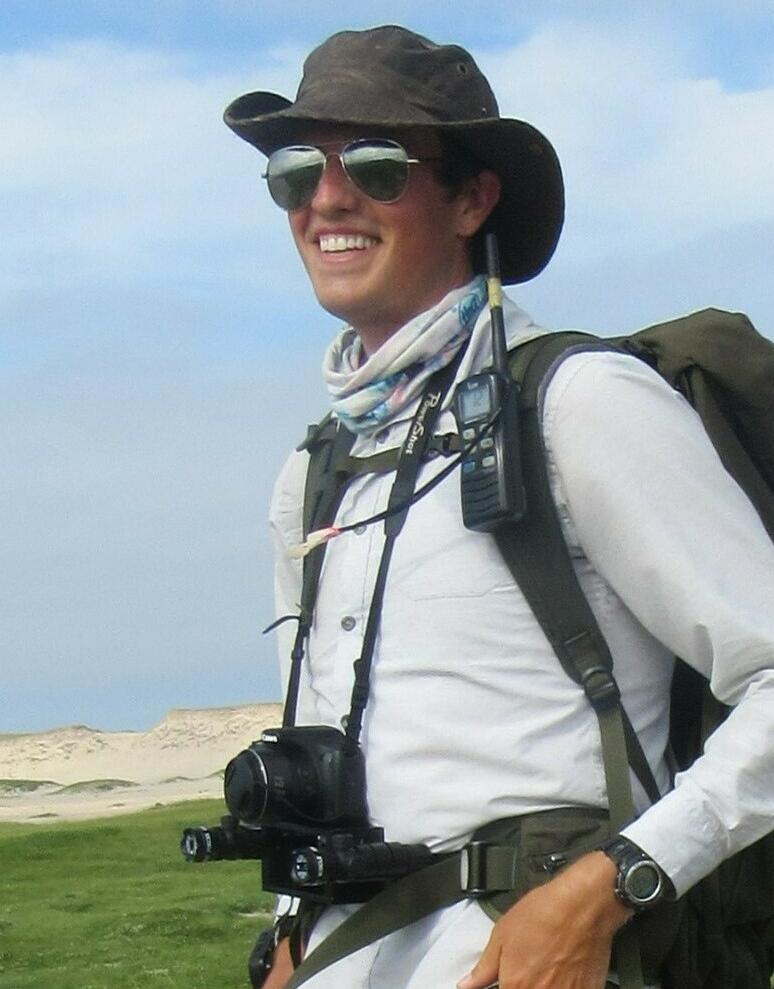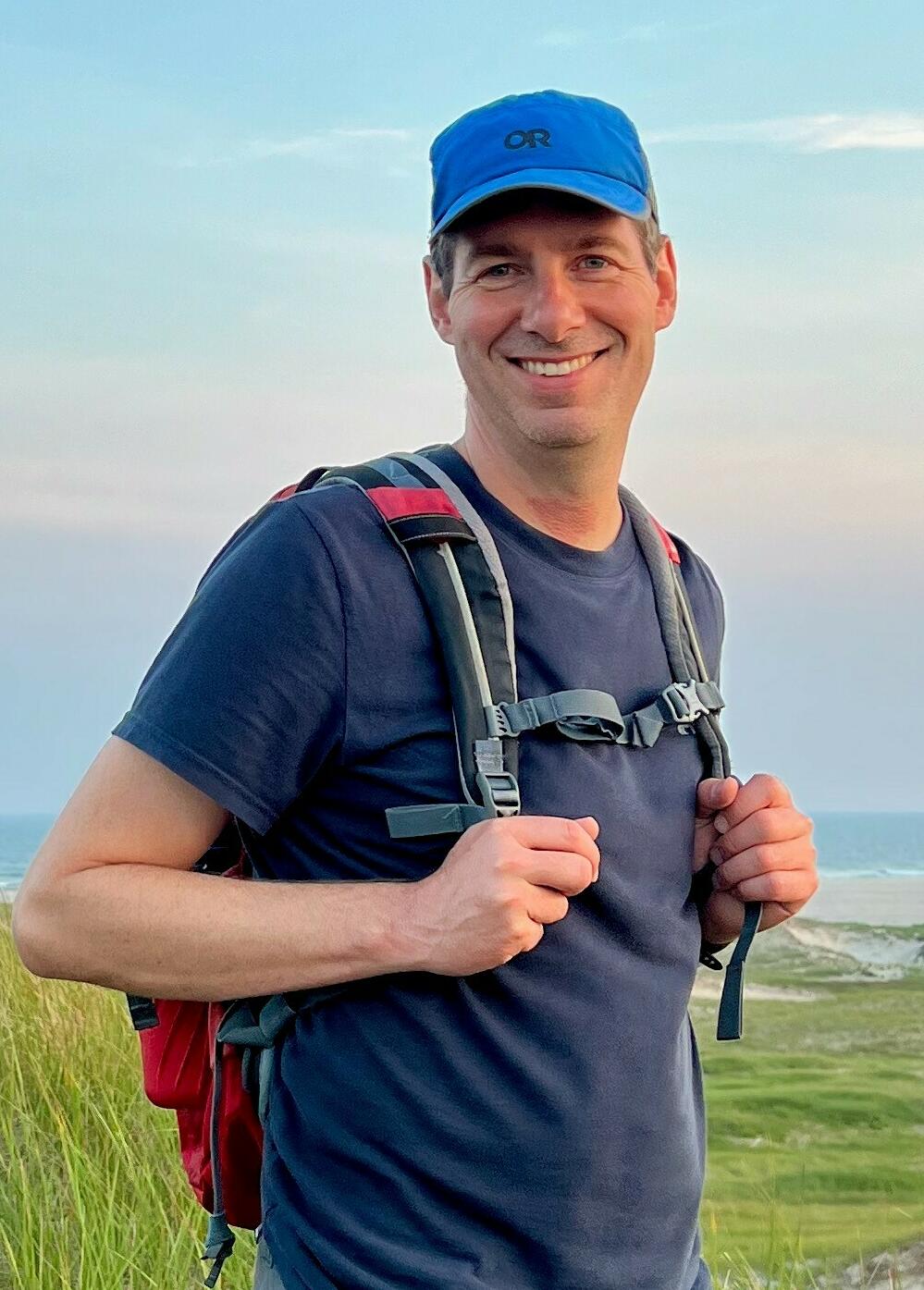
Mason Stothart
Courtesy Mason Stothart
July 22, 2024
The University of Calgary Faculty of Veterinary Medicine (UCVM) is at the forefront of a breakthrough investigation into the gut microbiomes of feral horses. The study, published in Nature Communications, is the first of its kind to provide robust evidence of the significant role microbiomes play in animal survival in the wild and has far-reaching implications for both animal and environmental health.
This comes from the largest genetic analysis of gut microbiome diversity ever conducted for a population of wild animals. "Mounting evidence suggests that gut microbiomes can influence animal health, but much of this research has been conducted under highly controlled laboratory conditions or in humans,” says Dr. Mason Stothart, who led the study as part of his PhD research at the University of Calgary.
“What we've discovered is that variation in microbial communities in the gut can be consequential for host health, even in the wild,” says Stothart, now a postdoctoral research associate at University of Oxford.

Mason Stothart
Courtesy Mason Stothart
The horses of Sable Island, a thin crescent of shifting sand 300 kilometres southeast of Nova Scotia, provide a special chance to study what affects the lifespan of wild animals. The horses, which have been extensively monitored each summer since 2007, have no natural predators and mainly compete for food availability.
“While microbiomes are widely hypothesized to influence the fitness of wild animals, evidence for this remains extremely scarce” says Dr. Jocelyn Poissant, PhD, associate professor at UCVM, who planned and initiated this study over a decade ago. This research found that efficient digestion helped by gut microbes, which also reduces energy loss to methane emissions, might help wild herbivores live longer.
These findings are not only important for the horses of Sable Island, but they could also possibly be translatable to other large-bodied, at-risk, wild species such as elephants, rhinoceros, tapirs, and Przewalski's horses, and potentially applicable in reducing methane emissions in animal agriculture.

Jocelyn Poissant
Courtesy Jocelyn Poissant
Stothart explains, “We know from research on livestock that methane emissions are both an environmental and economic problem. Environmental, because methane is a potent greenhouse gas. Economic, because methane emissions from animals cause a loss of energy that could otherwise be used by the host, and therefore a reduction in animal feed efficiency.
“It appears that the same patterns of energetic loss to methane emissions that we observe in animal agriculture could be important for free-living wildlife. Our results lead us to suggest that the key to surprisingly low methane emissions among horses may derive from unique features in their gut microbiome, which could potentially serve as the basis for microbiological tools to reduce methane emissions in animal agriculture.”
Beyond animal health and economics, this research also has implications for human health. Some of the same gut bacteria traits linked to methane emissions and predictive of mortality in horses have been identified as strong predictors of a lean body mass index in humans.
Indeed, we are already seeing an increase in fecal transplants to increase healthy gut bacteria in patients with digestive disorders. This research opens the door for further refinement of microbiological tools for additional health concerns.
Uniquely, it may be methane-filled flatulence that is helping to regulate the size of this population of feral horses living on a sandbar in the middle of the Atlantic Ocean. And it’s this flatulence that may be able to teach us a lot about animal and environmental health.
The team celebrates this research as a testament to the power of collaboration and interdisciplinary knowledge exchange. Experts from the University of Calgary, University of Exeter, and University of Saskatchewan came together to share their knowledge. Parks Canada, which manages the Sable Island National Park Reserve, on the traditional and unceded territories of the Mi’kmaq people, played a vital role. Financial support from the Morris Animal Foundation, NSERC, Alberta Innovates, and the Margaret Gunn Endowment for Animal Research made this research possible.